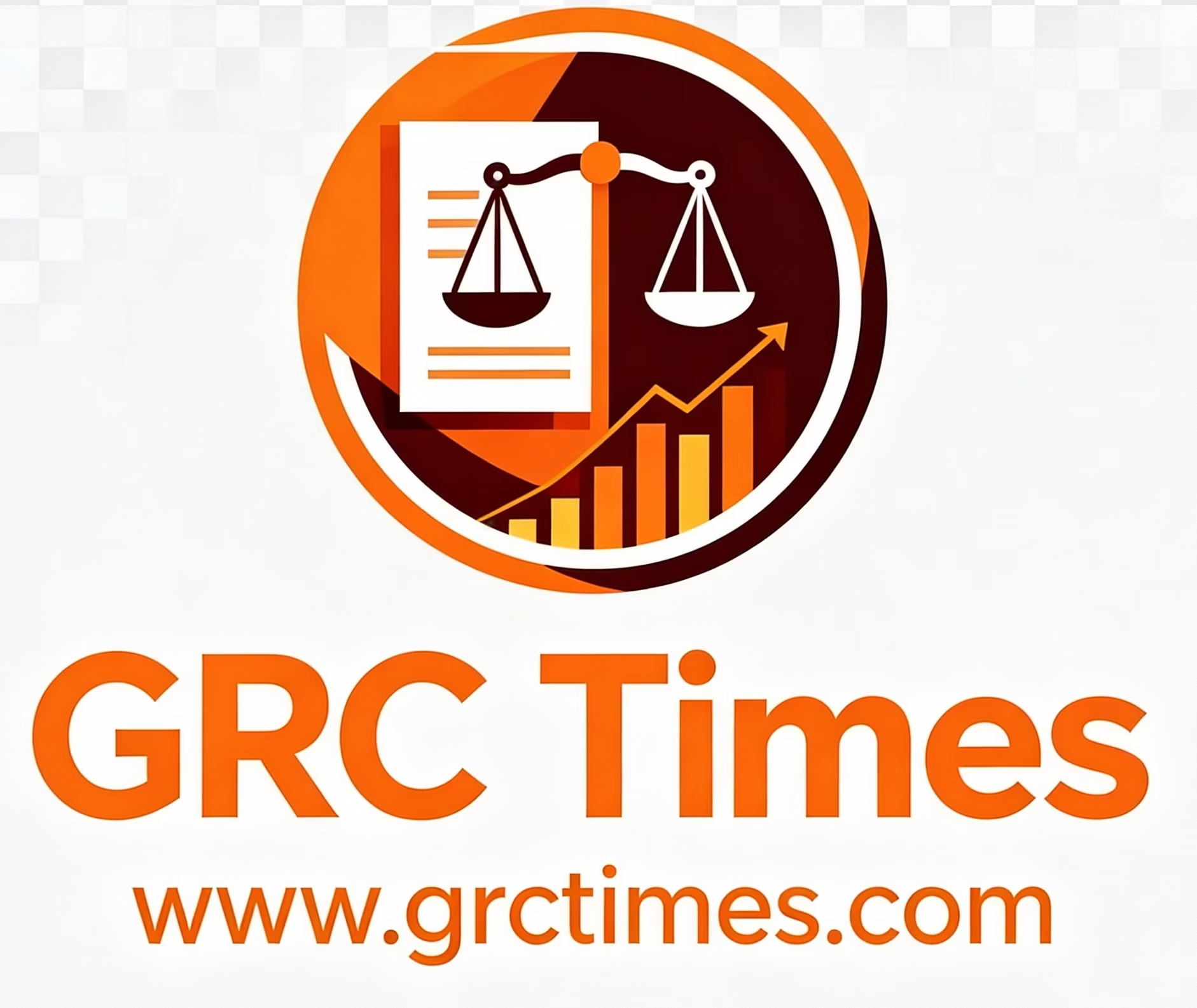In July 2025, regulators worldwide implemented a sweeping set of ESG compliance rules that have forced companies to fundamentally rethink their sustainability strategies. This article examines the catalyst for change, highlights the major provisions of the new framework, and explores how businesses are adapting to meet heightened expectations.
Background: The Rise of ESG Regulation
Over the past decade, environmental, social, and governance (ESG) criteria have evolved from voluntary reporting guidelines into mandatory regulatory requirements. Stakeholder pressure, climate risk assessments, and high-profile controversies compelled governments to codify sustainability standards into law.
Key Provisions Introduced in July 2025
- Mandatory Disclosure: Companies must now publish verified data on carbon emissions, water usage, and waste management.
- Due Diligence Obligations: Firms are legally required to assess and mitigate human rights and labor risks in their supply chains.
- Climate Risk Stress Testing: Financial institutions must conduct scenario analyses to gauge portfolio vulnerability to extreme weather events and transition risks.
- Board Accountability: Corporate directors face personal liability if ESG targets are missed without a valid remediation plan.
Impact on Corporate Sustainability Strategies
These stringent requirements have driven organizations to:
- Integrate ESG into Core Operations: Sustainability teams are now embedded within business units rather than operating as standalone functions.
- Invest in Data Infrastructure: Enhanced reporting drives spending on digital platforms for real‐time monitoring of environmental metrics.
- Engage Stakeholders Proactively: Companies hold roundtables with investors, community groups, and NGOs to align on material ESG issues.
Compliance Challenges and Solutions
Implementing the new rules has not been without hurdles. Common challenges include:
- Data quality and verification across global operations
- Complexity of supply‐chain due diligence
- Managing the cost of decarbonization investments
To overcome these obstacles, leading firms are partnering with specialized consultants, adopting blockchain for traceability, and pooling resources through industry alliances to share best practices.
The July 2025 ESG compliance crackdown signifies a pivotal moment in corporate governance. By turning voluntary principles into enforceable mandates, regulators have accelerated the shift toward a more transparent and responsible business landscape. Companies that embrace these changes early will not only avoid penalties but also gain a competitive edge through improved risk management and stronger stakeholder trust.


